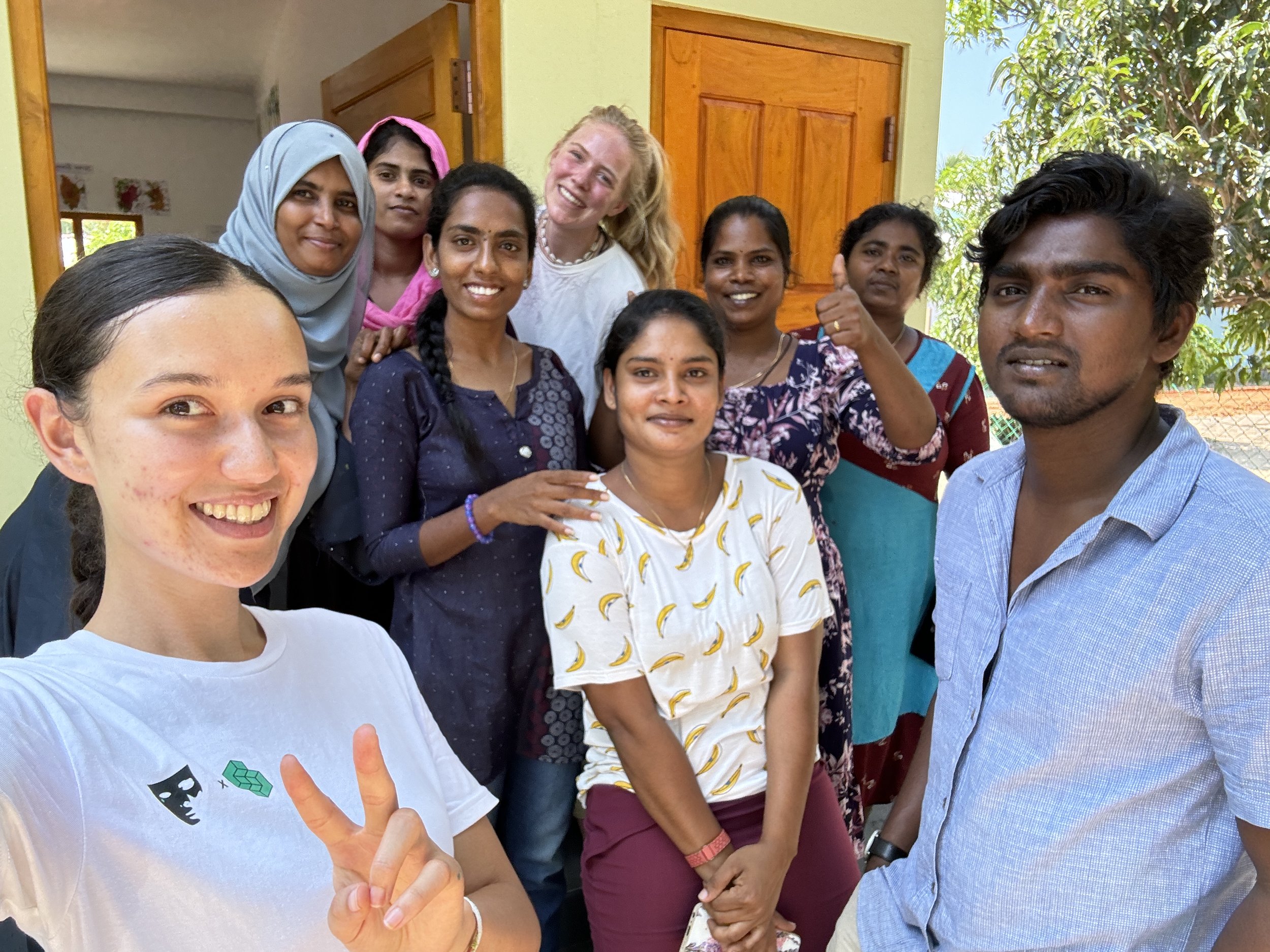
SERPENT
A Public Health Project
Snakebite Envenoming Rural Prevention & Treatment (SERPENT) is a Little Leaders Foundation Public Health Project. This grassroots project conducts research into a community based approach to bring awareness about endemic venomous snakes to rural communities in Sri Lanka.
The WHO reinstated Snakebite Envenoming as a Neglected Tropical Disease
Almost 1/3 of snakebites victims in Sri Lanka are children under 15 years old
In a Sri Lankan snakebite research study, only 7% of the children survived
Snakebite Envenoming was reinstated as a Neglected Tropical Disease (NTD) by the World Health Organisation (WHO) in 2017. “NTDs are diseases of neglected populations that perpetuate a cycle of poor educational outcomes and limited professional opportunities; in addition, are associated with stigma and social exclusion.” (WHO, 2024) Children under 15 years living in impoverished rural communities are amongst the vulnerable groups that are most affected by snakebite envenoming in Sri Lanka.
“The misconception that snakebite victims cannot be treated without bringing the snake with them, was voiced by multiple members of the community.”
Research is being conducted by Kintan van Leeuwen (Executive Director) and Floortje Tamerus (Volunteer) who are students at Leiden University of Applied Sciences.
Project SERPENT was developed in fulfillment of the requirements of Leiden University of Applied Sciences. During the final year of her study, Kintan succesfully completed the minor International Health Development.
The data collection took place over a duration of three months, from March 2024 until June 2024 in Sri Lanka. Project SERPENT is endorsed by the Chief Medical Officer of the Curative Health Department in Colombo, Sri Lanka. The project function as a pilot, to be replicated around the country.
GOALS OF THE SERPENT PROJECT
A True Story About Snakebite Envenoming
Photography by Floortje Tamerus (2024)
“The story is about my second son who was three years old when it happened. At the time we were very poor and lived in the jungle. My father was a storekeeper and he would store dry wood next to the veranda. On the night of the incident I had prepared food for my family. After dinner my son was very sleepy and wanted to rest early. He fell asleep outside on the veranda. After I cleaned the kitchen I carried my son, who was still sleeping, into the bedroom. This is when he started vomiting, all night long. The vomit looked white and bubbly. At first I thought it was food poisoning. The next day I brought him to the Ayurvedic Doctor. The reason I brought him to the traditional healer is because there was no hospital in the village. The Ayurvedic doctor suspected my son was having an allergic reaction. We brought my son home but his condition only got worse. On the second day we decided to bring him to the hospital which was 15 km away. My son’s body started to become very weak, his neck became weak and his head started to hang, he could not open his mouth and eyes anymore, nor could he speak. At the time my sister worked as a midwife in the Hospital. She had started to beg the doctors to take a blood test. By the time the blood results came back my son had passed away. The result was snakebite envenoming. I could not believe this because I had never seen the marks of a snakebite on my son’s body. When my sister and I started washing my son’s body as preparation for the burial, my sister found the marks of a snakebite on the side of the head behind his ear. I have a lot of regret that we did not find out earlier. My son could still be alive now if we had known he was bitten by a snake.”
Day-to-Day blogs of the SERPENT project



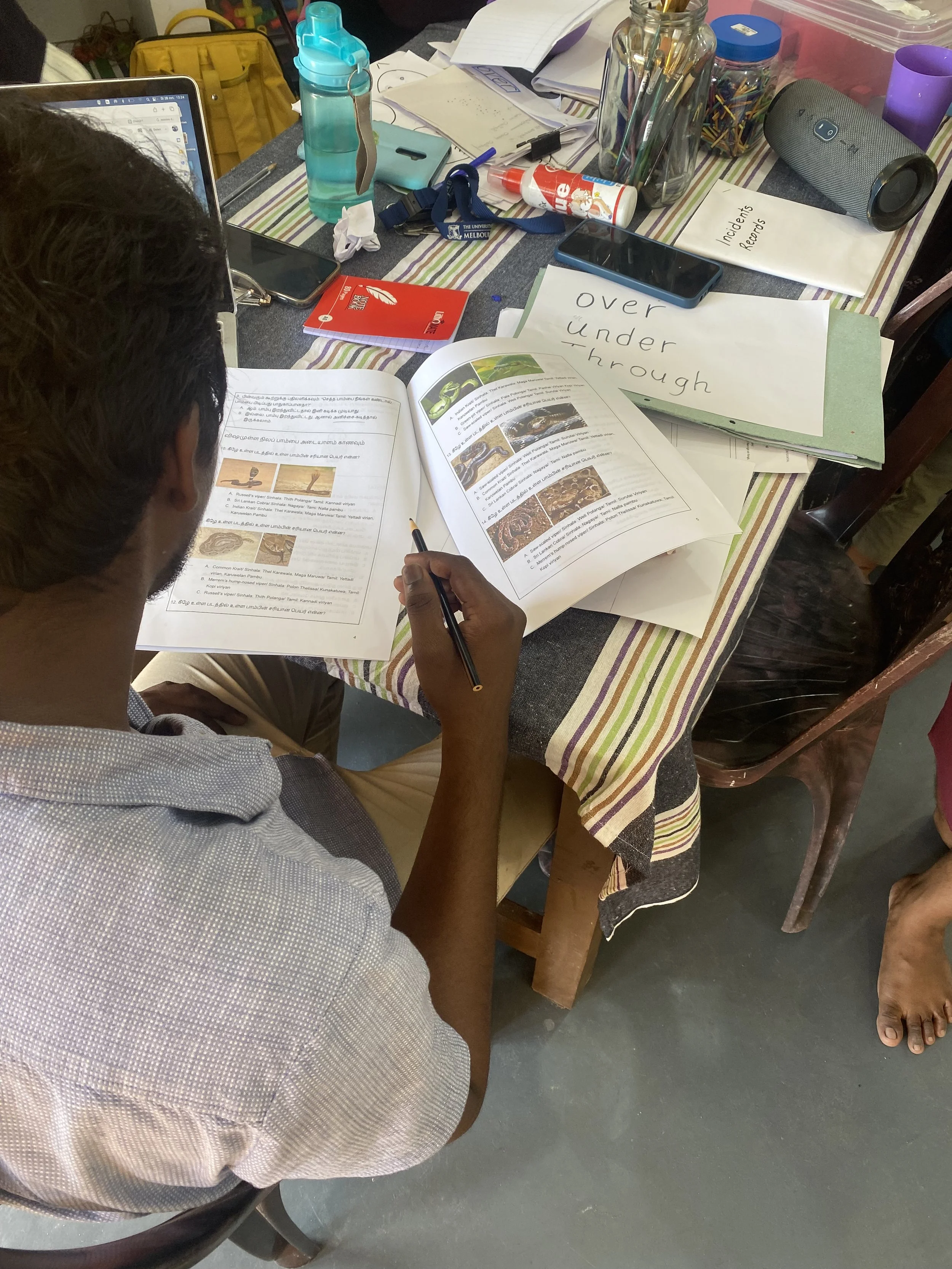


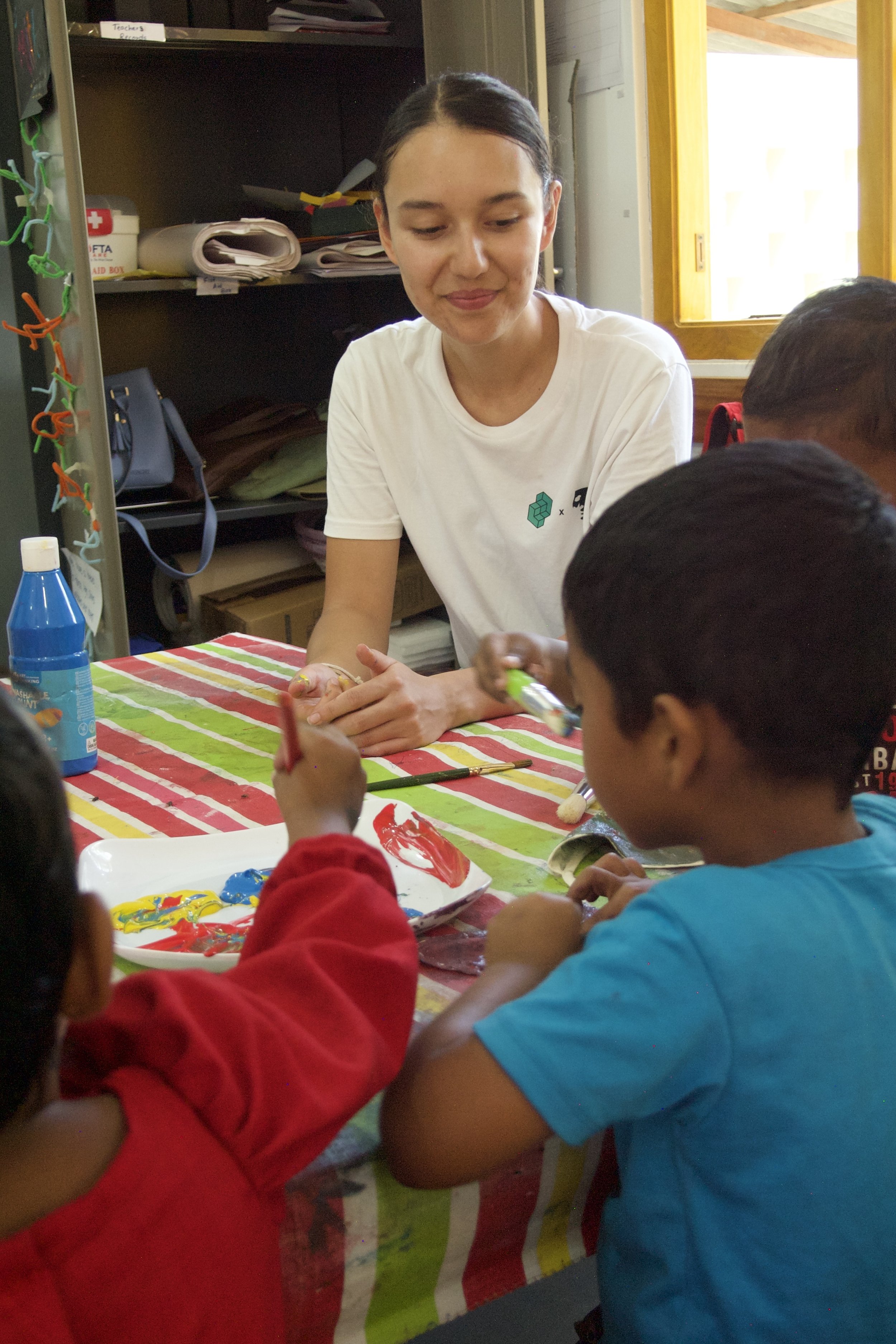

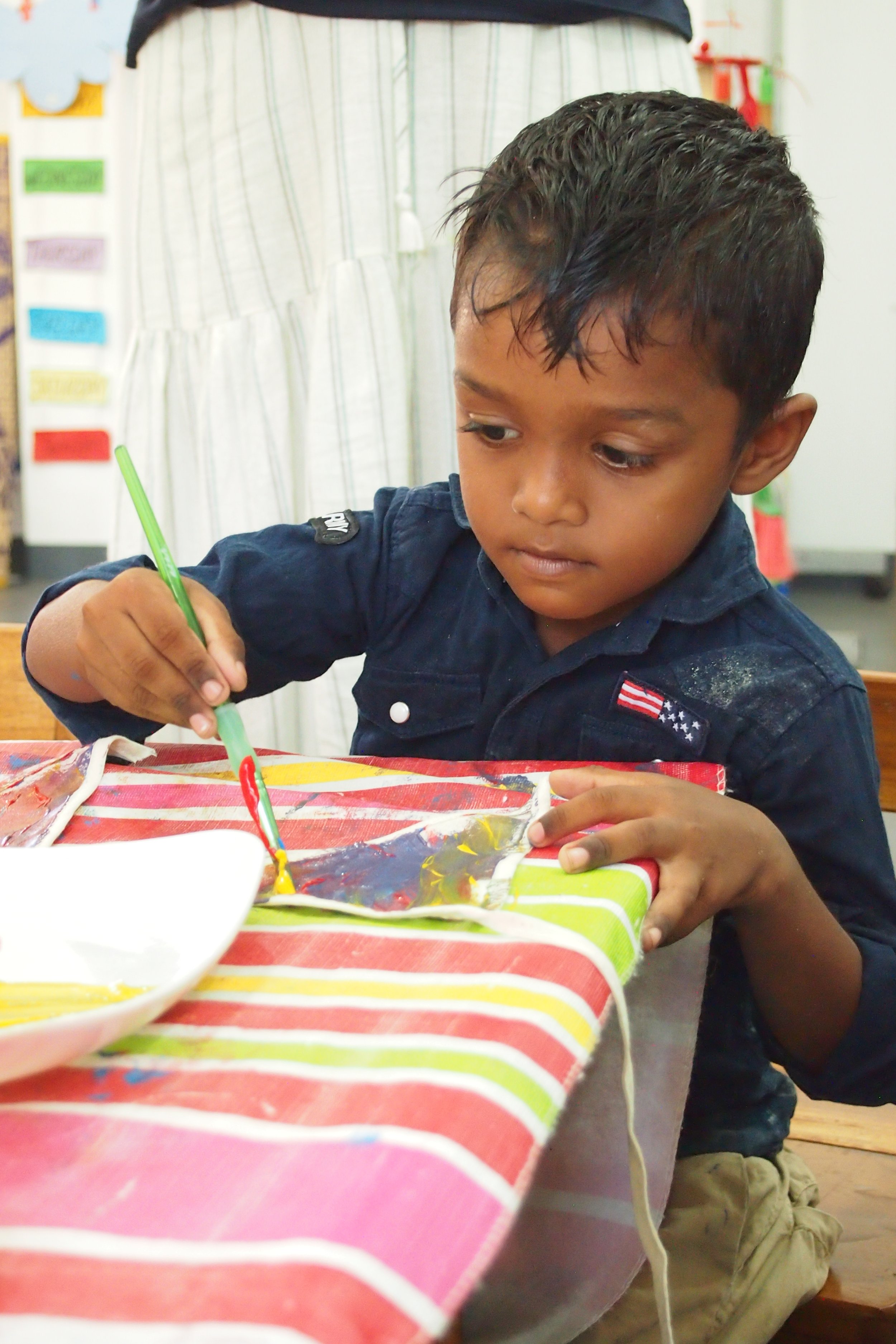
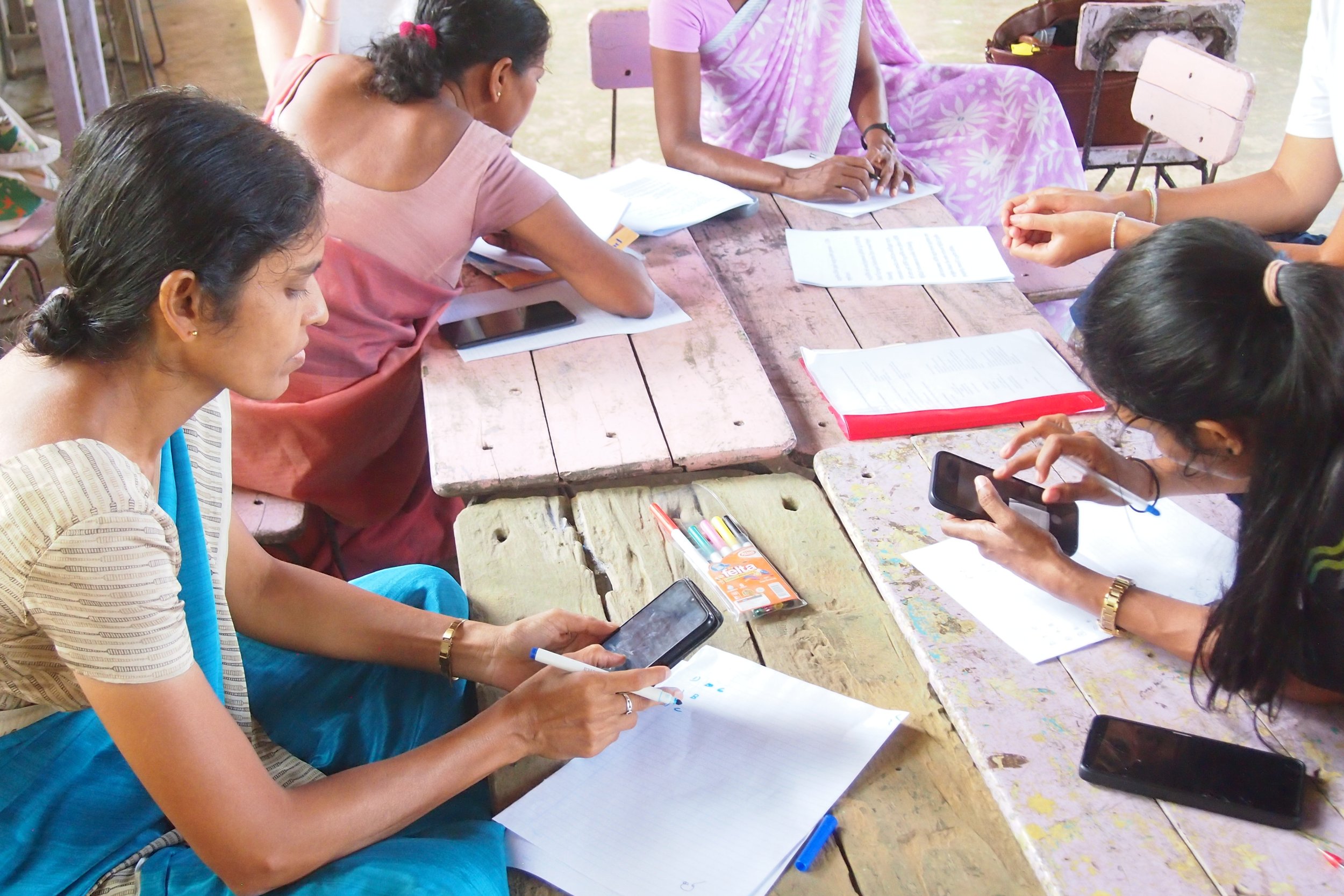


“We don’t own the planet Earth, we belong to it. And we must share it with our wildlife.”
— Steve Irwin




